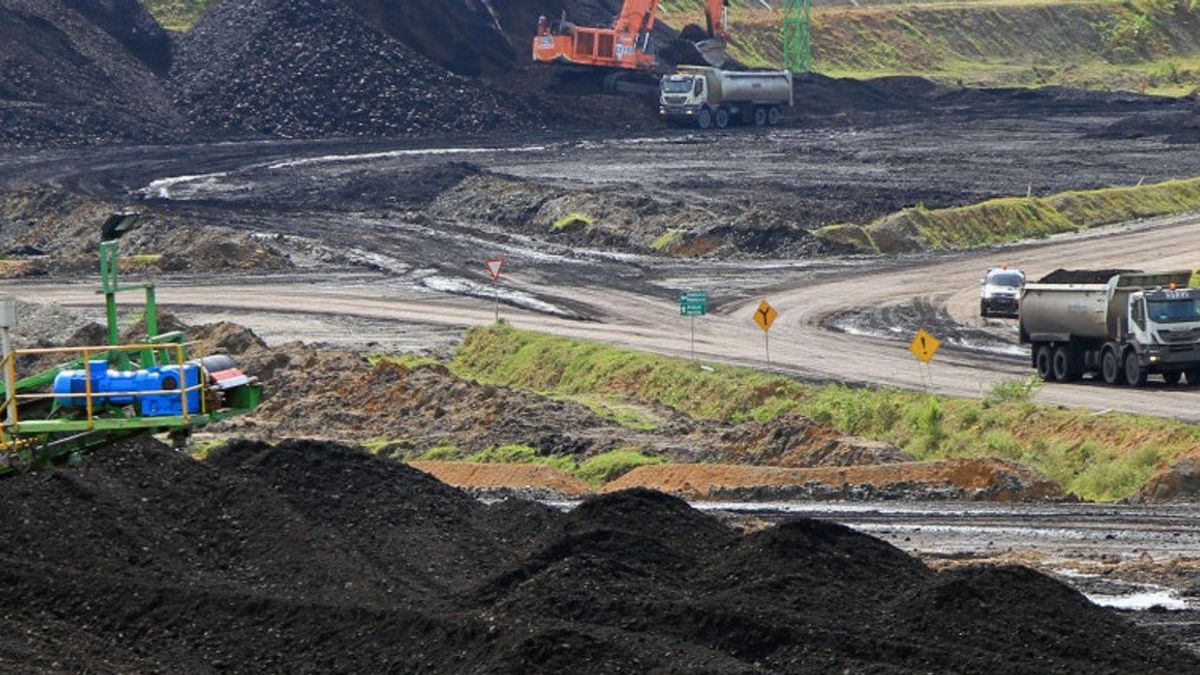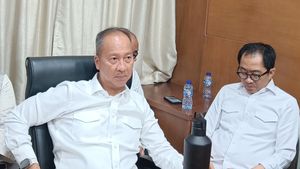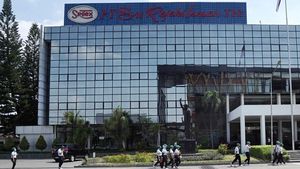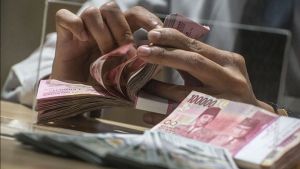JAKARTA - The government's decision to issue a temporary ban on coal exports has received support from various parties.
The Executive Director of the ReforMiner Institute as well as an energy observer, Komaidi Notonegoro assessed that the government's move was the right one. Moreover, this export ban is to meet domestic coal needs in the electricity sector.
"This is good for maintaining electricity supply constraints, which are mostly met from coal," said Komaidi to VOI via a written message.
Actually, he said, if the Domestic Market Obligation (DMO) for coal is realized, the coal demand for PLN will be fulfilled. Where PLN's coal consumption is around 100 million tons per year, while domestic production is around 600 million tons per year. In order to fulfill the DMO, he continued, there needs to be mutual awareness between employers, the government and PLN. Entrepreneurs need to understand that this is in the national interest. Meanwhile, the government and PLN also need to be aware that the DMO price received is far below the market price.
"Therefore, price adjustments so that the disparity is not too high also need to be considered," concluded Komaidi.
Since 2018, the government has set a coal DMO of 70 US dollars per metric ton. Now, in 2021 the Ministry of Energy and Mineral Resources requires coal companies to supply a minimum of 25 percent of the total annual production for domestic needs.
Komaidi continued, actually this export ban had other impacts as well. "If the DMO case continues and the export ban is extended, it could potentially increase the price of coal in the international market given the potential for reduced supply," said Komaidi.
Meanwhile on the government side, with this export ban, the potential for state revenues such as taxes and Non-Tax State Revenue (PNBP) is lost.
Previously, President Joko Widodo emphasized that mining companies must fulfill the mechanism for the percentage of coal sales for domestic needs (domestic market obligation / DMO).
“There is already a DMO mechanism that requires mining companies to meet the needs of PLN's generators. This absolutely must not be violated for any reason," said President Jokowi in an online press statement from the Merdeka Palace in Jakarta, Monday,
He reminded companies that violate the coal DMO mechanism could be subject to sanctions from not being given an export permit, up to the revocation of a business license.
The Ministry of Energy and Mineral Resources had previously temporarily banned coal exports for the period 1 to 31 January 2022 to ensure the availability of new coal supplies for domestic power plants.
Director General of Mineral and Coal at the Ministry of Energy and Mineral Resources, Ridwan Djamaluddin, said that if the domestic supply of coal stagnates, it will have an impact on more than 10 million PLN customers, both the general public and industry.
Even if the export ban is not enforced, it can cause blackouts of 20 coal-fired power plants with a power of 10,850 megawatts.
"This has the potential to disrupt the stability of the national economy. When the supply of coal for power plants is fulfilled, it will return to normal, export can be done. We will evaluate it after January 5, 2022," said Ridwan.
The government has several times reminded coal entrepreneurs to continue to fulfill their commitment to supply coal to PLN.
However, the realization of coal supply every month to PLN is below the mandatory percentage of coal sales for domestic needs (DMO), so that it accumulates and at the end of the year PLN's power plants experience a coal supply deficit.
The English, Chinese, Japanese, Arabic, and French versions are automatically generated by the AI. So there may still be inaccuracies in translating, please always see Indonesian as our main language. (system supported by DigitalSiber.id)













